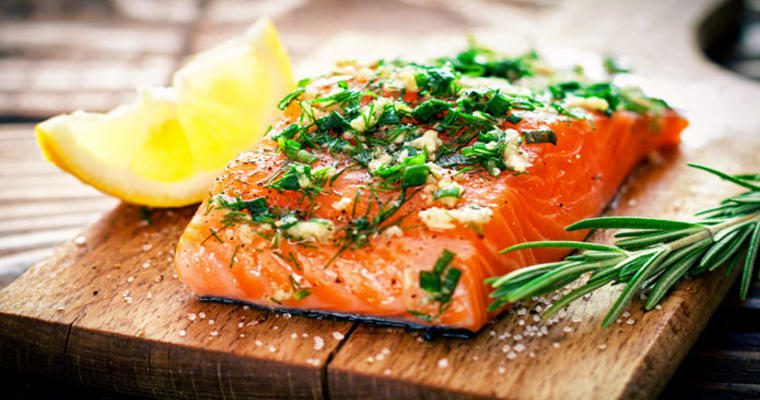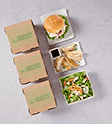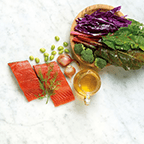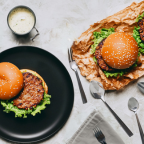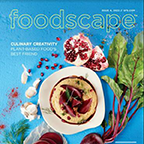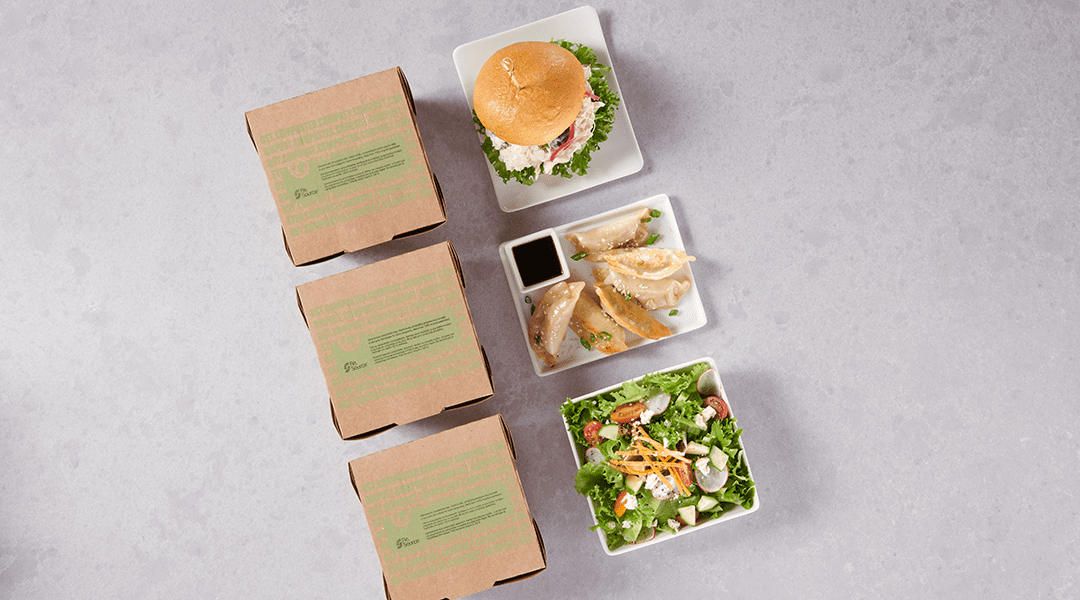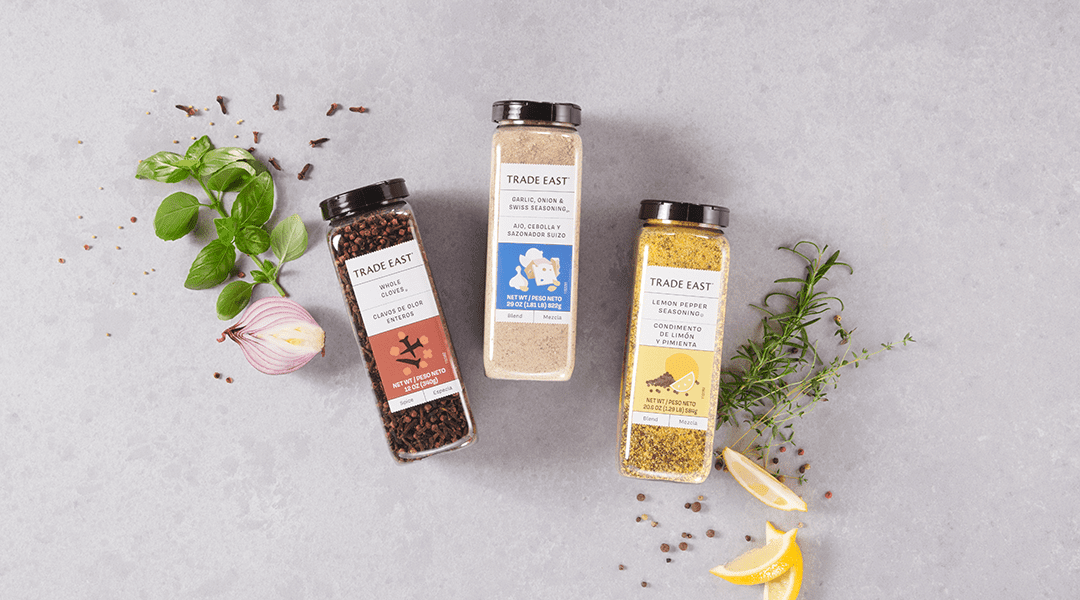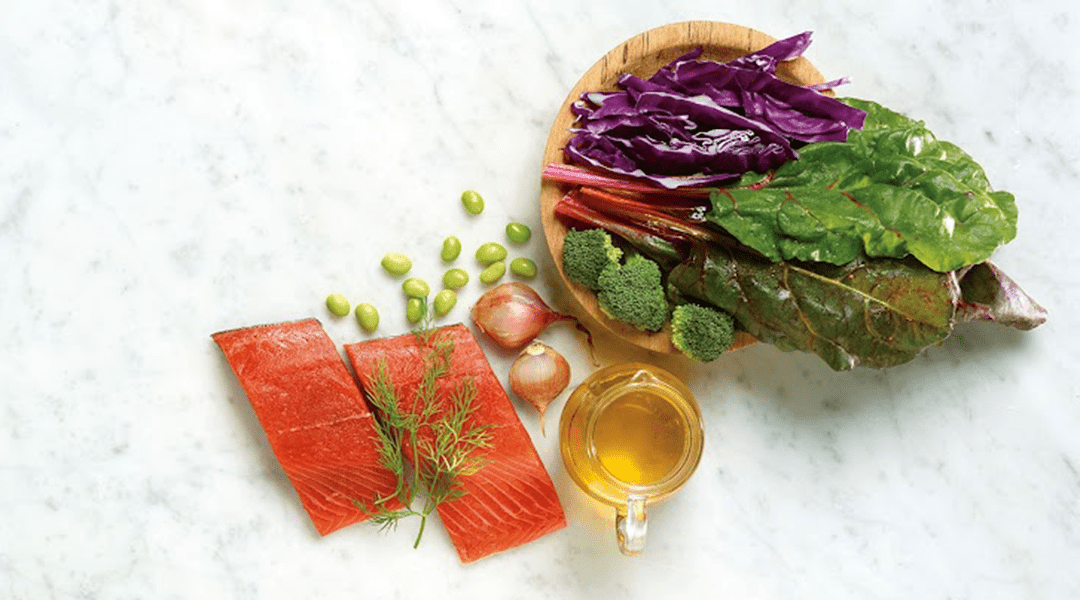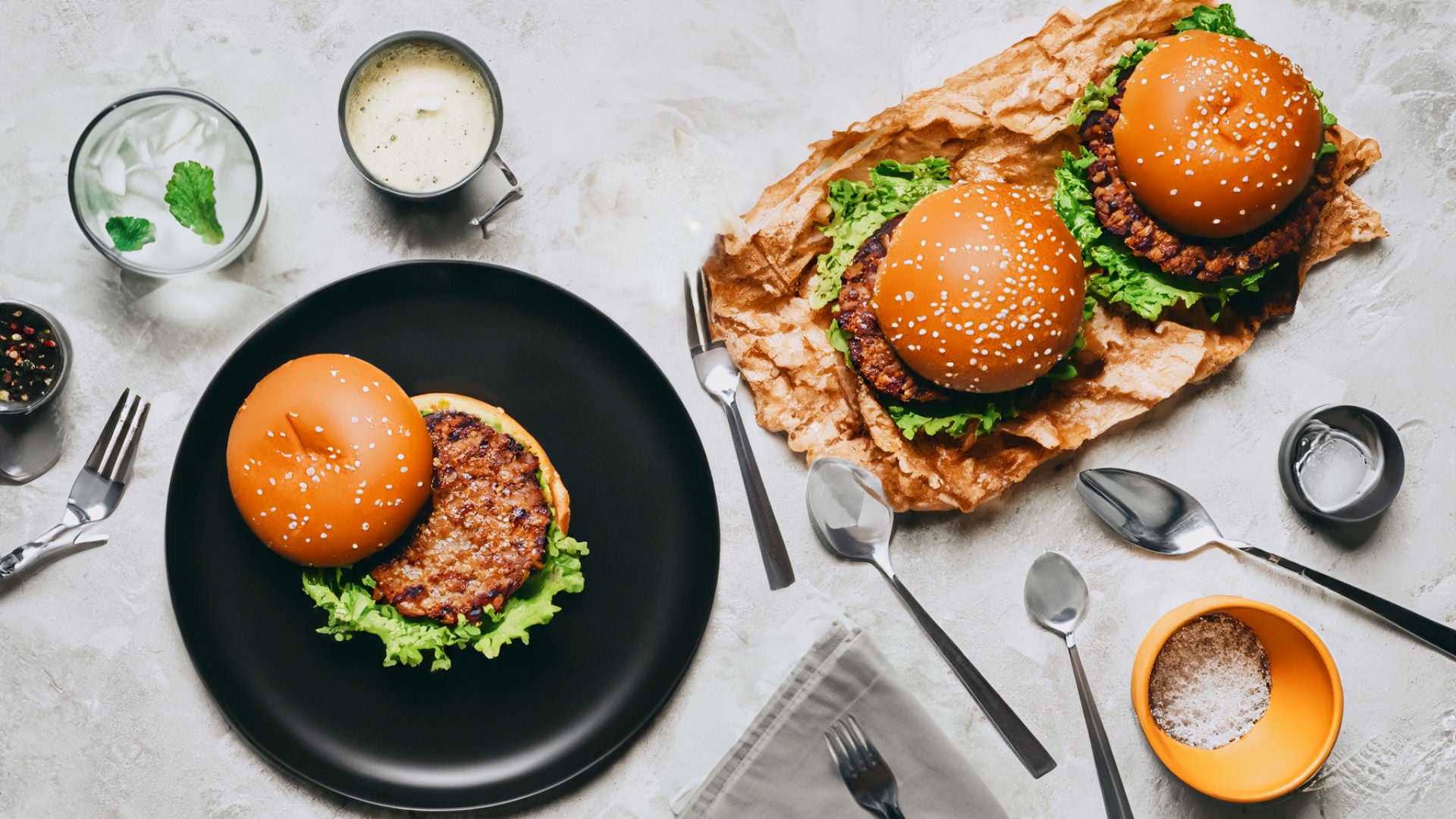Decades of research have shown promising results in helping us understand how certain foods affect brain health. The most commonly discussed brain health foods are those with antioxidant properties (cruciferous vegetables, berries, etc.) and high levels of omega-3 fatty acids (fish, olive and other oils, chia seeds, soybeans, etc.)
But additional research is emerging, linking nutrients not normally considered to cognitive improvement or decline. To help understand these links we asked Dr. Jim Painter, a nationally known speaker on leading-edge nutrition science from The University of Texas Health Sciences Center at Houston, a few key questions.
How does excess sugar in your diet harm your brain?
Added sugar in your diet increases your LDL, or bad, cholesterol. LDL cholesterol can harm your arteries in your brain. Dr. Painter explains this connection in the video below.
What is your best advice for eating habits and brain health?
Dr. Painter’s best advice revolves around caring for your gut microbiome, aka the bacteria that lives in your digestive tract. By eating fiber-rich foods, you feed the good bacteria. Good bacteria produce butyrate, which has been shown to produce neuroprotective effects. Watch Dr. Painter’s answer for details.
Different sources of fiber yield different levels of butyrate, so be choosy when selecting fibrous foods to increase butyrate. Good choices include specific starches, like whole grains and legumes, and fructo-oligosaccharides (FOS) such as bananas, onions and asparagus.
When should people start eating for brain health?
At what age should we be looking to incorporate these healthy eating habits? Is any age too young or too old to start? Dr. Painter says it’s never too soon (or too late) and to start today!
